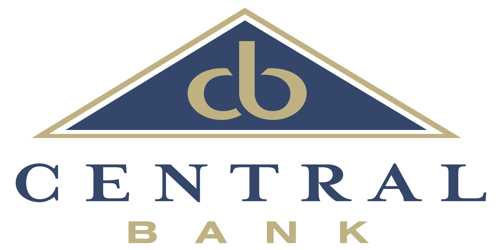The Central bank is the parent of other banks. Every economic activity is central bank cantered. There are different individual characteristics of this bank those makes it separate than other banks. That’s why Prof. DeKock, “A central bank being generally recognized as a bank which constitutes the apex of the monetary policy and baking structure of its country and which performs as best as it can, in the national economic interest.” For this it has some special types of characteristics which follow:
Characteristics of Central Bank
- Single organization
The Central bank is single in every country. No other bank is similar to these types of bank. Hence, no other central bank can be established, so it is a single organization and as single it has no chance to compete with other banks.
- Legal Entity
The Central bank is established by the special ordinance of government, so it has the legal entity. It is not established as similar to other banks. And this legal entity gives central bank special dignity.
- Symbol of economic sovereignty
“Central” is the symbol of economic sovereignty of the country. This is a unique characteristic of the central bank. It indicates that the economy of a country is regulated and governed by an authority.
- Guardian of money Market
This bank has full control of the money market. Organizing, directing and controlling the money market is the sole duties of the central bank.
- Issuance of Note
In a country, these types of banks have the sole right to issue note and money on behalf of the government. No other bank can do this and all central bank in all country has the right to issue the note. The Central bank controls the volume of cash in the nation as per prerequisites of business and the overall population. In fact, the practical experience has shown that the central bank is the most suitable and appropriate medium for the issue of note.
- Maintenance of monetary value
This bank works for maintaining the value of money. For this, it ensures the expected supply of money. By changing the required amount, the central bank can influence the money supply in the economy.
- Clearing House
The central bank arranges clearinghouse for the purpose of clearing the inter-bank transactions. Banks receive cheques drawn on the other banks from their customers which they have to realize from drawee banks.
- Relation with government
The central bank works as an agent of the government. It deposits the fund, supply fund, does different activities in the home and abroad on behalf of the government. The ownership of this bank can be fully government or joint venture of the government and private ownership. But the reality said that government-owned central bank is maximum in the world. It is generally an organ of the government and performing the banking operations of government. This bank represents the government not only in the country but also outside of the country as well.
- Lender of the last resort
When banks fall into economic crisis central bank works as the lender of the last resort. As a lender or the resort central bank provides rediscounts and advances to the commercial banks in times of credit stringency. This bank helps other banks in the crucial moment of the fund crisis in the money market.
- Implementing economic policies
One of the main tasks of this bank is implementing economic policies. The Central bank works for the purpose of implementing the economic policies taken by the government.
- The controller of the scheduled bank
It controls the scheduled bank and works as the parent of those banks. All scheduled banks have to do some mandatory activities given by this bank.
- Control
In the present century, the central bank has become part of the economic set up in a country. All over the world, This bank is under the control of government particularly it has been work under the direction of the department of finance or treasury.
- The controller of foreign exchange
It does all kinds of works related to foreign exchange, exchange rate, reserve, maintaining a relationship with other country’s central bank. It keeps a close watch on the external value of its currency and undertakes exchange management control.
According to the above discussion, we can conclude that the central bank can be differentiated by the above characteristics.
















